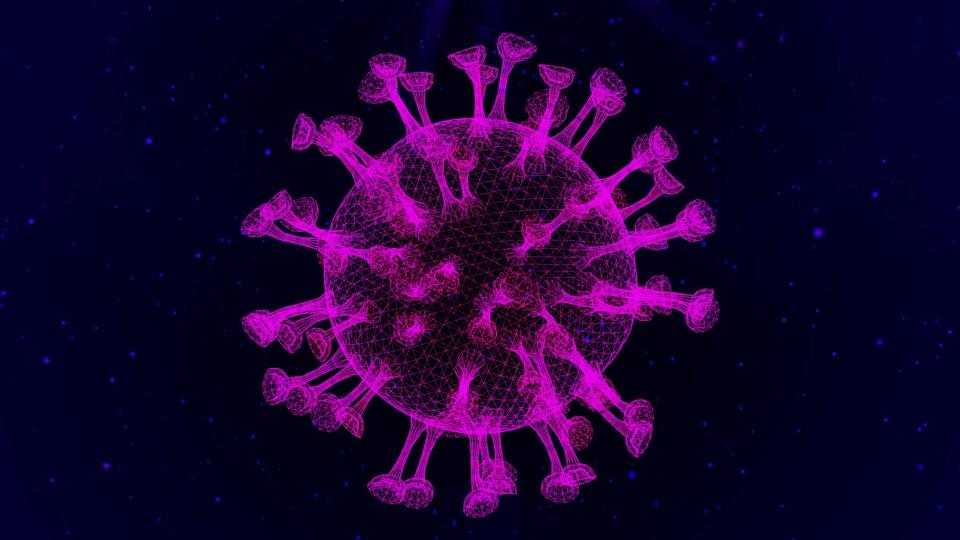Is Louisiana headed for a COVID surge with new variants? LSU Health doctor explains
There is a new set of COVID-19 variants. The Centers for Disease Control and Prevention (CDC) reported that variants FLiRT has been detected in wastewater.
Dr. Krista Queen, Director of the Viral Genomics and Surveillance Center for Emerging Viral Threats at LSU Health Shreveport, viral threats specialist said, "FLiRT is an interesting name for this new variant and it's referring to a couple of different mutations that are present and actually it's not just one variant, it's a group of variants."

These variants are all descendants of JN.1, which became the most widely circulating variant in the United States in December 2023. Queen described these new variants as evolving from JN.1 and ultimately receiving the same mutation separately.
Queen said a notable thing about FLiRT is that these variants have an improved ability to bind to the receptor aiding in infectivity.
According to Queen, FLiRT has been detected in northwest Louisiana, but cases are low at this time. "We are not seeing an increase in cases but the COVID cases that we have had, we are seeing these variants start to increase in predominance," said Queen.
Read: Meet the Shreveport Chamber of Commerce 40 under Forty Class of 2023
What can you do to help prevent the spread?

Queen provided a few tips and tricks for preventing the spread:
good hygiene- including handwashing
staying home when you feel sick
wearing a mask if you feel sick
Queen said, "if you feel ill, you should go to your doctor and get a test. Those tests are the way we discover these new variants and the way we track them in our area."
Symptoms of FLiRT are similar to those from JN.1. Queen said, "generally we are not seeing that it's more severe."
According to the CDC, some of the symptoms of FLiRT include:
Fever or chills
Cough
Sore throat
Congestion or runny nose
Headache
Muscle aches
Difficulty breathing
Fatigue
New loss of taste or smell
"Brain fog" (feeling less wakeful and aware)
Gastrointestinal symptoms (upset stomach, mild diarrhea, vomiting)
"The best way to mitigate the effects are going to be being vaccinated," said Queen.
More: New COVID-19 FLiRT variants are now the dominant variant. Could there be a summer surge?
Makenzie Boucher is a reporter with the Shreveport Times. Contact her at mboucher@gannett.com.
This article originally appeared on Shreveport Times: Learn more about the FLiRT variant that has hit Louisiana

